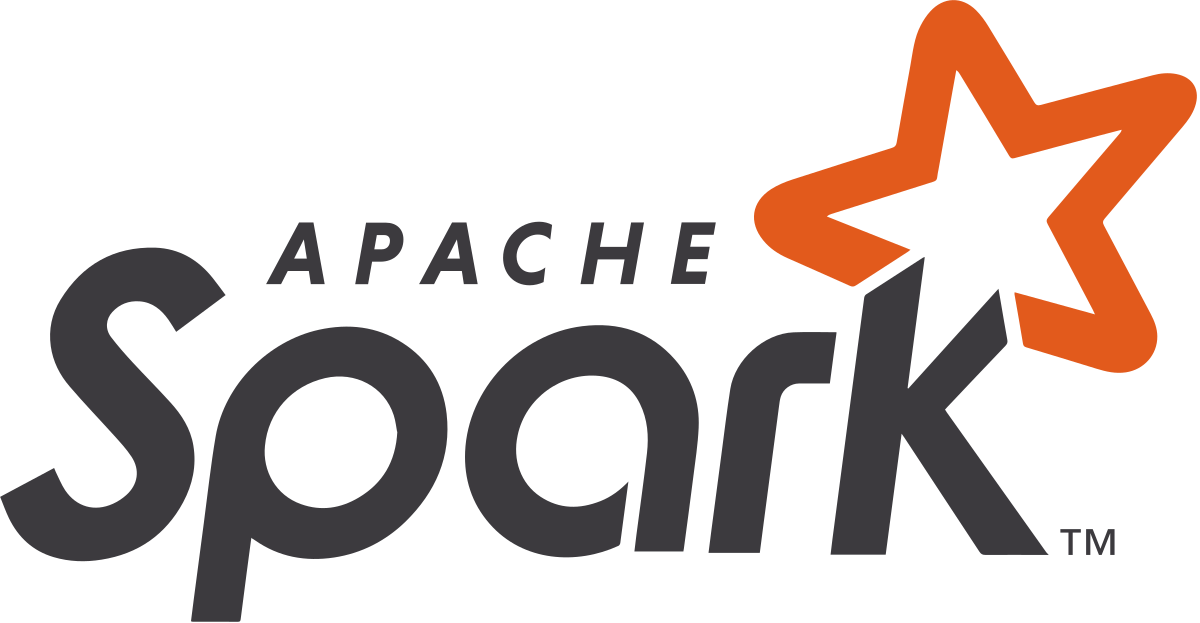A Comprehensive Guide to Any Tools for Data Engineering
Data engineering plays an essential role in the entire process of data management. It involves conceptualizing, designing, building, and maintaining the data infrastructure that supports data-driven applications and data analysis. However, data engineering is a complex process that requires a lot of expertise, and it is challenging to carry out this process manually. That is where data engineering tools come in. Data engineering tools help automate the process, making it easier and more efficient. This post will provide a comprehensive guide to any tools for data engineering.
What are Data Engineering Tools?
Data engineering tools are software applications that facilitate the automation of data engineering processes. They perform various tasks that include, but not limited to, data integration, data processing, data transformation, and data storage. These tools handle data at various stages of the data pipeline, including ingestion, extraction, transformation, and loading. Additionally, they enable collaboration between teams, allow version control, and provide security features to maintain the confidentiality and integrity of data.
Categories of Data Engineering Tools
Data engineering tools are classified into six primary categories:
1. Database
Database tools are used for data storage and retrieval. They help create and manage databases, tables, and schema. Examples of database tools are MySQL, PostgreSQL, and Cassandra.
2. Distributed System
Distributed system tools provide mechanisms for transparent distributed processing of large data sets across clusters of computers. Examples of distributed systems are Hadoop, Apache Spark, and Apache Kafka.
3. Data Visualization
Data visualization tools are used to create graphical representations of data. They help understand data sets better, identify patterns and trends, and communicate insights. Examples of data visualization tools are Tableau, PowerBI, and D3.js.
4. DataOps
DataOps tools help manage and streamline data operations processes by automating, monitoring, and optimizing workflows. Examples of DataOps tools are Apache Airflow and Prefect.
5. Language
Language tools are used to write code in specific programming languages. Examples of language tools are Python, Java, and SQL.
6. Frameworks
Frameworks provide a structured approach to developing applications. They are pre-built software components that help developers build, test, and deploy applications faster. Examples of frameworks are Apache Beam and Apache Flink.
Popular Data Engineering Tools
1. Apache Hadoop

Apache Hadoop is an open-source distributed processing tool that provides scalable and reliable data storage and processing capabilities. It is designed to handle large amounts of data across clusters of computers. Hadoop has two primary components, the Hadoop Distributed File System (HDFS) and MapReduce. HDFS provides fault-tolerant storage, while MapReduce provides distributed processing capabilities.
2. Apache Spark

Apache Spark is an open-source distributed processing engine that provides fast and scalable data processing capabilities. Spark supports various workloads such as batch processing, stream processing, machine learning, and graph processing. Spark provides APIs for programming in Python, Java, Scala, and R.
3. Tableau

Tableau is a data visualization tool that helps create interactive and visually appealing dashboards, charts, and reports. It supports various data sources and allows users to combine them to create meaningful insights. Tableau provides a drag-and-drop interface that is easy to use by both technical and non-technical users.
4. Apache Kafka

Apache Kafka is an open-source distributed streaming platform that provides real-time data streaming capabilities. Kafka is designed to handle high volumes of data streams and enables real-time event-processing. Kafka provides APIs for programming in Java, Python, and Scala.
Conclusion
Data engineering tools are essential in data management. They automate several processes, making them more efficient and allowing for faster data processing, integration, and transformation. Understanding the various categories of data engineering tools can help one choose the appropriate tool that meets the specific needs. However, the examples listed above are not exhaustive, and several other tools can be used for data engineering.
Category: Data Engineering